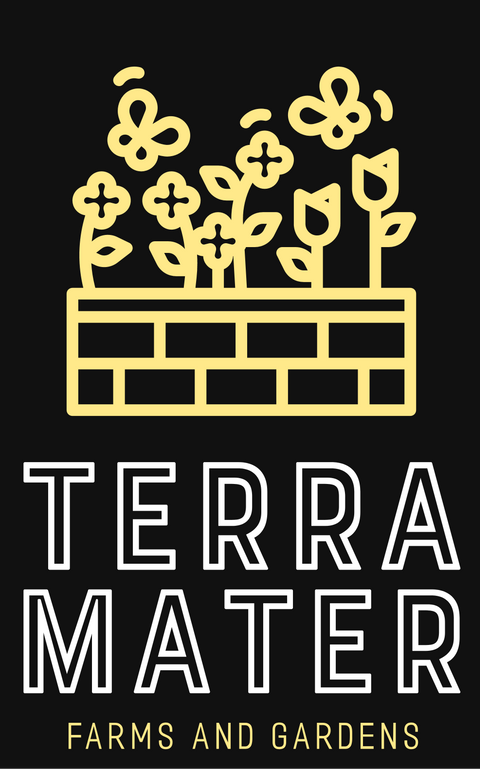Planting for Pollinators: Attracting Bees and Butterflies to Your Garden

Gardens are more than just a feast for the eyes; they can also be a haven for pollinators like bees and butterflies. These tiny creatures play a crucial role in the pollination of plants, contributing to the production of fruits, vegetables, and flowers. In this article, we'll explore the importance of pollinators in your garden and provide tips on how to attract them with the right plants.
The Vital Role of Pollinators
Before delving into how to attract pollinators, let's understand why they are so essential to your garden's health and productivity. Pollinators, primarily bees and butterflies, facilitate the transfer of pollen from the male parts of flowers to the female parts. This process is essential for the fertilization of many plants, enabling them to produce seeds and fruits. Here's why pollinators matter:
-
Bountiful Harvests: When plants are properly pollinated, they yield more fruits and vegetables. This means a more abundant harvest for your garden.
-
Biodiversity: Pollinators contribute to the diversity of plant species by aiding in their reproduction. This, in turn, supports a healthier ecosystem.
-
Beauty and Aesthetics: Bees and butterflies add a touch of natural beauty to your garden as they flit from flower to flower, enhancing the visual appeal of your outdoor space.
-
Education and Awareness: Attracting pollinators provides an opportunity to educate yourself and others about the importance of these insects and the need for their conservation.
Now that we've established the significance of pollinators, let's dive into how to make your garden a welcoming haven for them.
Tips for Attracting Bees and Butterflies
-
Choose the Right Plants: Select a variety of plants that are known to attract pollinators. Bees are especially drawn to flowers with bright colors like purple, blue, and yellow. Butterflies, on the other hand, prefer nectar-rich blossoms. Some popular choices include lavender, bee balm, sunflowers, and milkweed.
-
Plant Native Species: Native plants are well-suited to the local climate and often attract native pollinators. Research the native plants in your area and incorporate them into your garden.
-
Provide a Water Source: Pollinators need water, so consider placing a shallow dish or birdbath with stones in your garden. This gives them a place to drink and cool off.
-
Avoid Chemical Pesticides: Chemical pesticides can harm pollinators. Opt for natural pest control methods or choose plants that naturally repel pests.
-
Create Habitat Diversity: Offer different types of plants, such as trees, shrubs, and perennials, to provide shelter, nesting sites, and food sources for pollinators.
-
Plant in Clusters: Grouping plants together in clusters makes it easier for pollinators to find them and collect nectar and pollen efficiently.
-
Continuous Bloom: Select a variety of plants that bloom at different times throughout the growing season. This ensures a consistent food source for pollinators.
-
Reduce Garden Maintenance: Leave some areas of your garden a bit wild and untamed. This provides hiding spots for pollinators and their young.
-
Educate Yourself and Others: Learn about the specific pollinators in your region and their needs. Share this knowledge with friends and family to raise awareness.
By following these tips and embracing a pollinator-friendly approach to gardening, you can create a thriving ecosystem in your own backyard. Not only will your garden flourish, but you'll also contribute to the conservation of these vital insects.
In conclusion, attracting bees and butterflies to your garden isn't just about aesthetics; it's about sustaining a healthy environment and ensuring a bountiful harvest. By planting the right flowers and providing a welcoming habitat, you can transform your garden into a pollinator paradise. So, roll up your sleeves, dig in the soil, and watch your garden come alive with the delightful buzz and flutter of these essential creatures.
